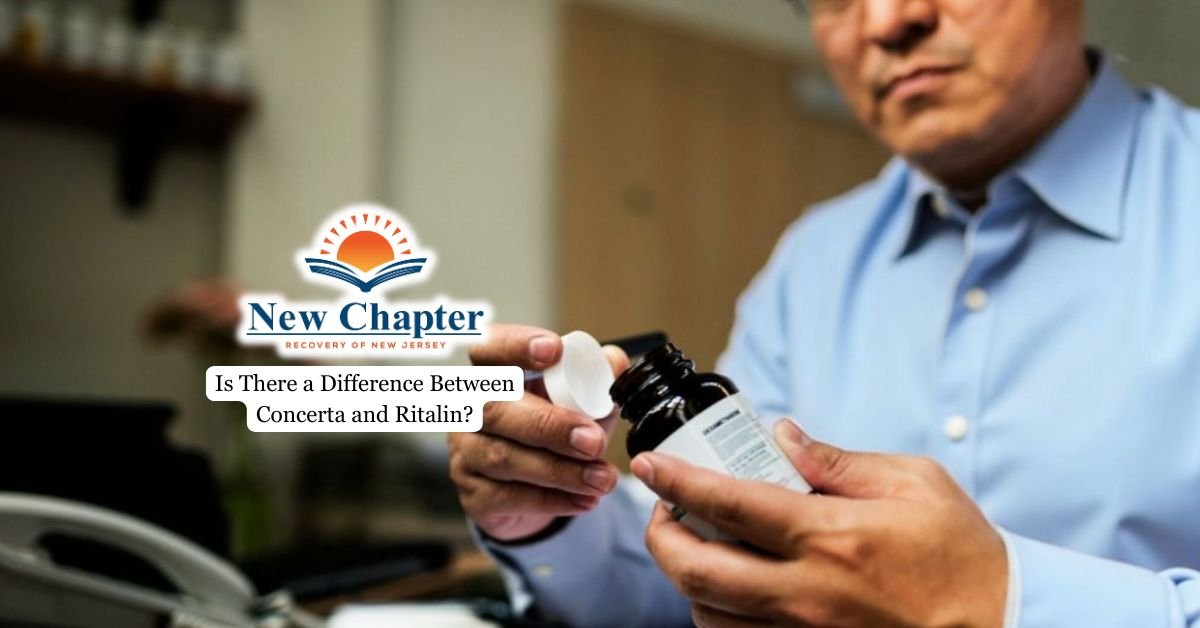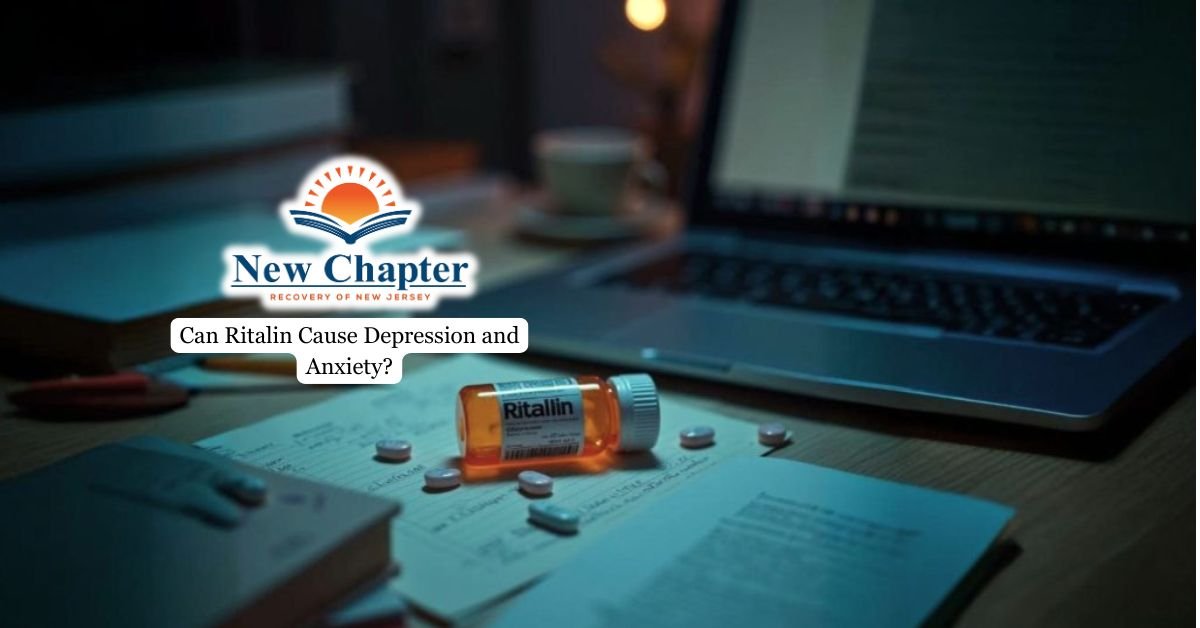The strong connection between childhood trauma and addiction has become an increasingly significant area of research, shedding light on the deep impact early life experiences have on substance use disorders.
As we explore the intricate relationship between childhood trauma and addiction, it becomes clear that addressing one without acknowledging the other may lead to incomplete and less effective interventions.

Understanding Childhood Trauma
Childhood trauma arises from deeply disturbing events that shatter a child’s sense of safety and well-being.
These adverse childhood experiences (ACEs) encompass various forms of abuse, neglect, and household dysfunction, leaving profound scars on a child’s psyche. Nearly 61% of American adults report experiencing at least one ACE, highlighting the pervasive nature of childhood trauma.
The impact of such trauma extends far beyond the immediate pain, often manifesting as mental health issues and a heightened vulnerability to addiction later in life. Trauma in childhood can rewire the developing brain, particularly in areas responsible for emotional regulation, setting the stage for future struggles with substance use disorders.
The intricate connection between childhood trauma and addiction underscores the critical need for comprehensive, dual-diagnosis treatment approaches like the ones we provide at New Chapter Recovery, as shown here:
https://newchapterrecoverynj.com/dual-diagnosis-treatment-center-nj /.
Impact of Childhood Trauma on Brain Development
When you’re exposed to toxic stress from trauma, it disrupts the normal course of brain development, particularly in regions like the prefrontal cortex and amygdala, which are essential for emotional regulation.
These neuroplastic changes can lead to cognitive, behavioral, and emotional difficulties that persist into adulthood. Structural brain anomalies linked to childhood maltreatment have been associated with increased vulnerability to addiction later in life.
The high stress levels resulting from trauma can cause heightened emotional responses and maladaptive coping mechanisms, such as substance abuse. Children who experience trauma may develop cognitive and social impairments due to disrupted neural connections, further increasing their risk of addiction in adulthood.
The Link Between Childhood Trauma and Addiction
When you’ve experienced adverse childhood experiences (ACEs), such as abuse, neglect, or household dysfunction, you’re significantly more likely to develop substance abuse issues later in life. The higher your ACE score, the greater your risk of addiction.
Roughly 70% of adolescents in addiction treatment report having endured childhood trauma, emphasizing the pervasiveness of this connection. If you have four or more ACEs, you’re particularly vulnerable, being over 1,000 times more likely to use injection drugs compared to those with lower scores.
The emotional dysregulation stemming from childhood trauma often leads you to self-medicate with substances, seeking temporary relief from distress. This can create a vicious cycle of addiction as you attempt to cope with trauma-related pain.
Read more about the perils of addiction replacement and the many ways it sabotages your lasting recovery.
Long-Term Consequences
The effects of childhood trauma can lead to chronic health issues, emotional dysregulation, and behavioral problems, with addiction serving as a maladaptive coping mechanism to manage the distress.
Research reveals that the more ACEs you’ve faced, the higher your addiction risks become. In fact, if you have a high ACE score, you’re over 1,000 times more likely to engage in injection drug use.
The cycle of trauma can also perpetuate across generations, as the children of those who’ve experienced trauma are at an increased risk of inadvertently continuing the cycle of abuse or neglect, further entrenching addiction issues within families.
We have a great article about the connection between family dynamics and the addiction recovery progress.

Breaking Free from the Trauma-Addiction Cycle
If you have experienced trauma and turned to substance use as a coping mechanism, it’s important to understand that true recovery requires addressing both issues together. Treating addiction alone may not heal the underlying trauma that contributes to your substance use disorder.
To break this cycle, seek trauma-informed care that recognizes how adverse childhood experiences impact your overall well-being.
Effective recovery programs should equip you with the necessary tools and support to process trauma while managing addiction. This may include therapy, community support, and techniques for emotional regulation.
Final Thoughts from New Chapter Recovery
At New Chapter Recovery, we recognize the profound impact that early life experiences can have on an individual’s journey toward substance abuse and mental health challenges. Our faith-oriented dual diagnosis treatment program in New Jersey is designed to address these complex issues with compassion, expertise, and a holistic perspective. Our dedicated team of professionals understands that true healing often requires addressing the root causes of addiction, including unresolved childhood trauma.
FAQ: Childhood Trauma and Addiction
1. Does trauma always lead to addiction?
No, not everyone who experiences childhood trauma develops an addiction. Factors like genetics, environment, coping mechanisms, and access to support systems play a significant role in determining whether trauma leads to substance use or other mental health challenges.
2. What are signs of unresolved childhood trauma?
Signs of unresolved trauma can include anxiety, depression, emotional numbness, difficulty forming relationships, low self-esteem, and impulsive behaviors. People may also experience flashbacks, mood swings, or engage in unhealthy coping mechanisms like substance use or self-isolation.
3. Can trauma lead to behavioral addictions?
Yes, trauma can lead to behavioral addictions such as gambling, compulsive eating, excessive gaming, or shopping. These behaviors often serve as coping mechanisms to numb emotional pain or regain a sense of control.
4. What are common relapse triggers for trauma survivors?
Common relapse triggers include stress, emotional distress, reminders of past trauma (people, places, or events), loneliness, and unresolved feelings of guilt or shame. Lack of a strong support system and ineffective coping strategies can also increase the risk of relapse.






